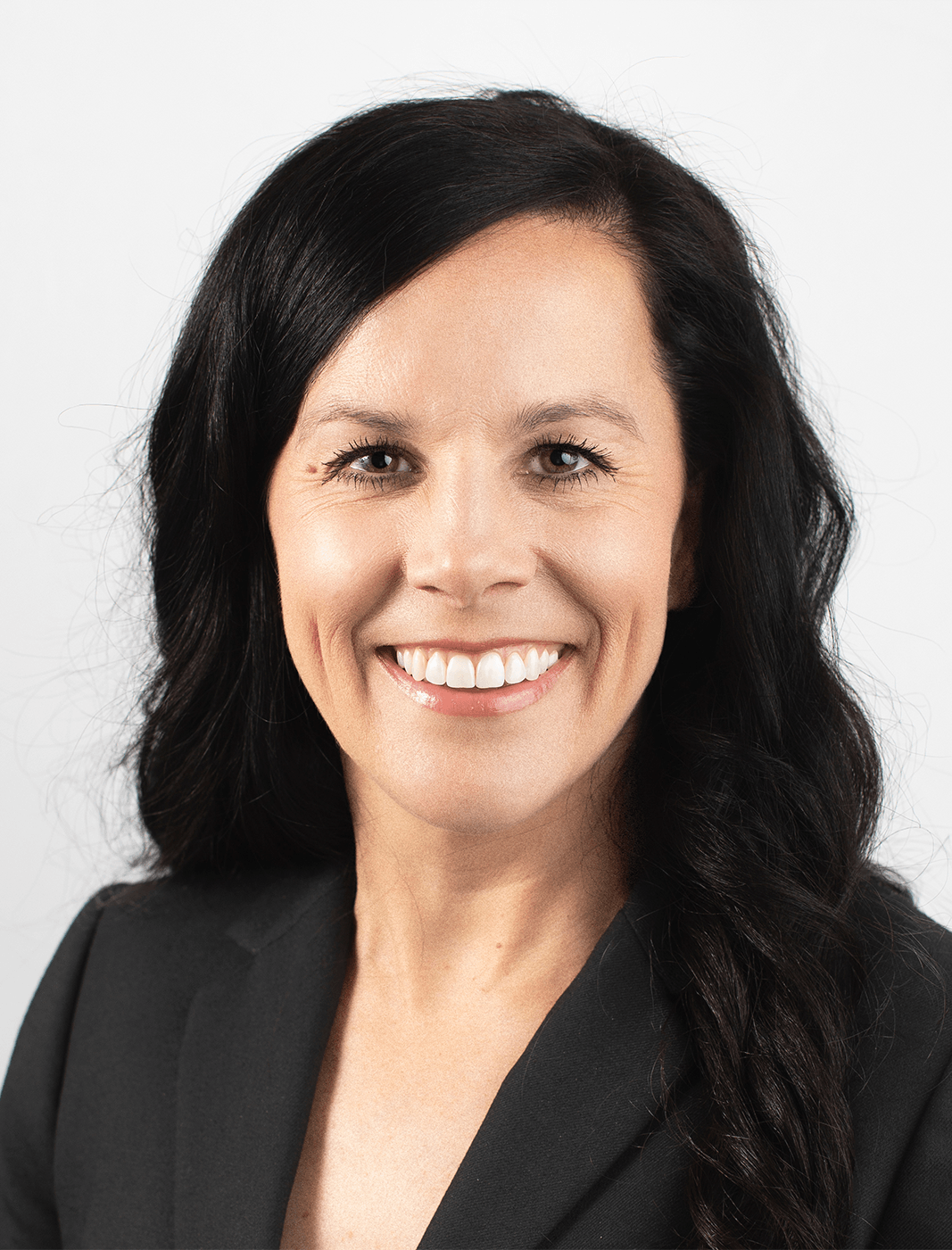
Governing Your SOC Controls Leads to SOC Report Success
You've successfully tackled your initial readiness assessment and completed your first SOC report—an achievement worth celebrating! As the service auditors wrap up (virtually or in person), you take a deep breath and wonder, "What comes next?" To make the most of all that hard work and dedication, the best thing you can do is actively govern the internal controls and processes that were put in place and audited during the SOC examination. Below you will find some best practices to help you continue to evolve and manage your set of controls to ensure long-term success for your future SOC report.
Regular Status Updates
Now that your initial report is complete and your controls and processes are in place, tracking each individual control is critical to ensuring the adopted internal controls continue to be effective. Ensure that you closely monitor control milestones (weekly, monthly, quarterly, etc.) and report issues to leadership. As issues arise and changes need to be made to controls or processes, ensure appropriate documentation of changed controls or decisions made that impact controls. This documentation will be important to share with your engagement team in the next SOC report period as questions arise related to control changes. Most importantly, ensure internal stakeholders are kept aware of changes and control adaptations. Communication between all levels of leadership is a vital component of ongoing SOC examination success.
Quality Review Checkpoints
While staying on top of controls and ensuring controls are operating effectively, evaluating the ongoing quality of the controls is necessary to ensure controls are optimized to meet business objectives. In managing control effectiveness, it is important to define review criteria and schedule internal reviews of control processes to ensure controls are operating as designed. As you find issues, keep track of findings and track remediation efforts to ensure control deficiencies are remedied. Once remediation is complete, verify that corrections have been made appropriately and that the team responsible for ensuring completion of controls or processes understands the importance of the controls operating effectively.
Evidence Validation
While it could feel redundant, ensuring control evidence is properly maintained is crucial in ensuring ongoing SOC examination success. As learned from your service auditor in your initial SOC examination, you know the importance of ensuring control evidence validation. Simply stating that a control operated effectively is not enough; the service auditor will still require audit evidence to verify its effectiveness. Monitoring evidence validation is pivotal to ensuring appropriate completeness and accuracy of control evidence. It is also essential to evaluate both the relevance and sufficiency of the evidence. Having adequate evidence goes a long way in validating control documentation.
Once the engagement is over, the work does not stop. As the saying goes, “If you always do what you’ve always done, you’ll always get what you’ve always gotten.” Allowing the momentum to stop when the SOC examination is over creates the potential for exceptions, report modifications, or worse, a disclaimer or an adverse opinion.
While exceptions do not compromise a SOC report, customers may perceive and handle them differently. Depending on the importance of the controls, it could be the difference between keeping customers or losing them. When the potential for report modifications comes into the picture, there is a more significant risk of customer loss.
Help With SOC Reports
The hardest part of the process is getting the process in place. Staying proactive in governing your SOC controls ensures long-term SOC report success. Need guidance on maintaining compliance and optimizing your SOC controls? Our team is here to help. Contact us today to ensure your organization remains audit-ready and ahead of potential risks.






